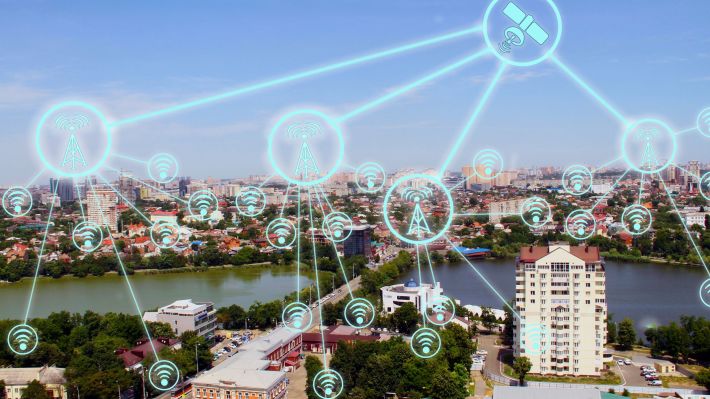Vodafone study: The EC's objective of having 100 smart cities by 2030 risks not being achieved
26 September 2022 | Team

About
Articole similare





Vodafone anunță un rebranding şi două noi tehnologii
11 April 2022 | Alexandru Arușilor

Vodafone România, venituri de 764 milioane de euro în ultimul an
17 May 2022 | Alexandru Arușilor

Studiu Vodafone: Obiectivul CE de a avea 100 de orașe inteligente până în 2030 riscă să nu fie atins
26 September 2022 | Team

BCR și Vodafone au lansat unități mobile digitale pentru sate
12 October 2022 | Alexandru Ardelean




